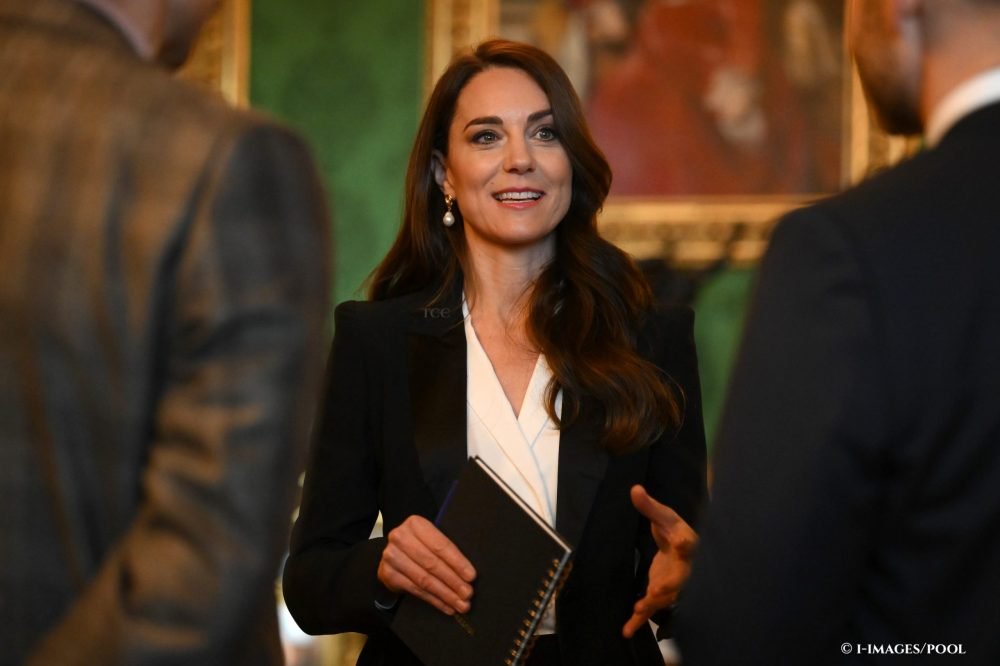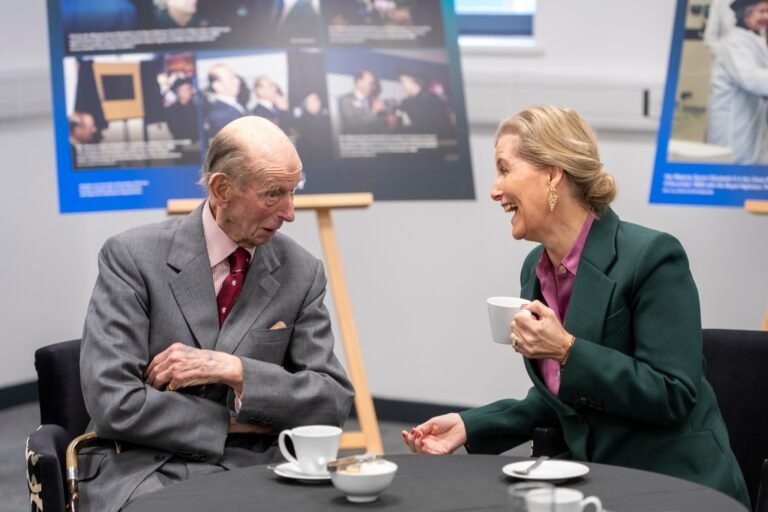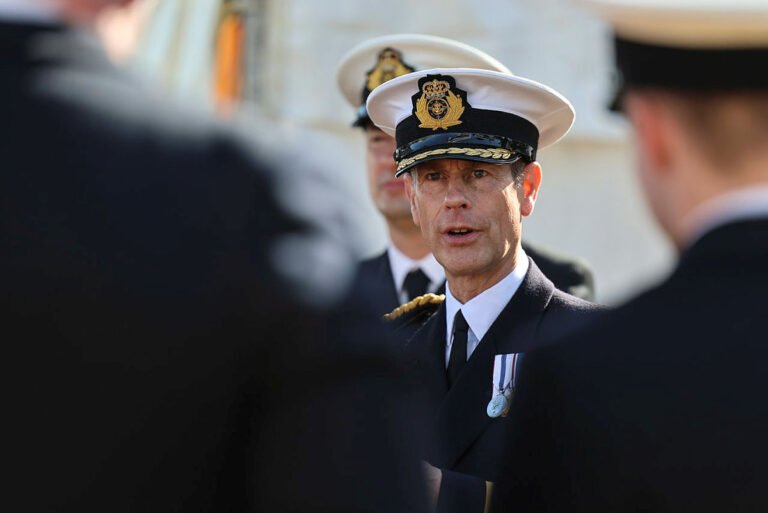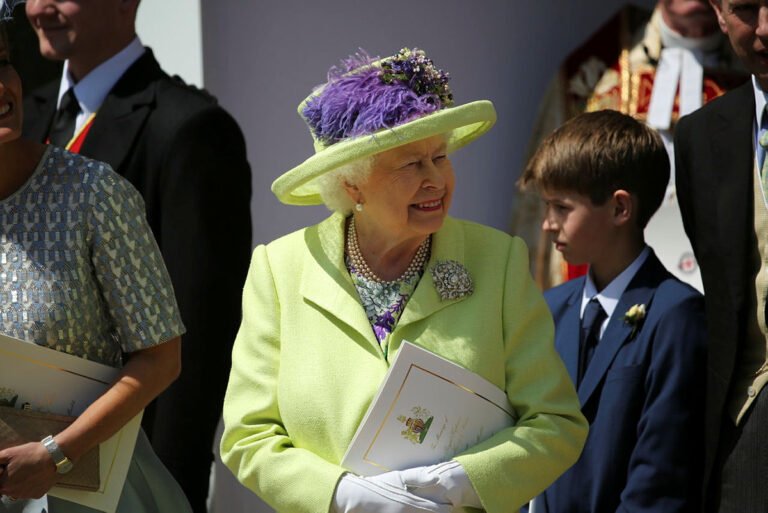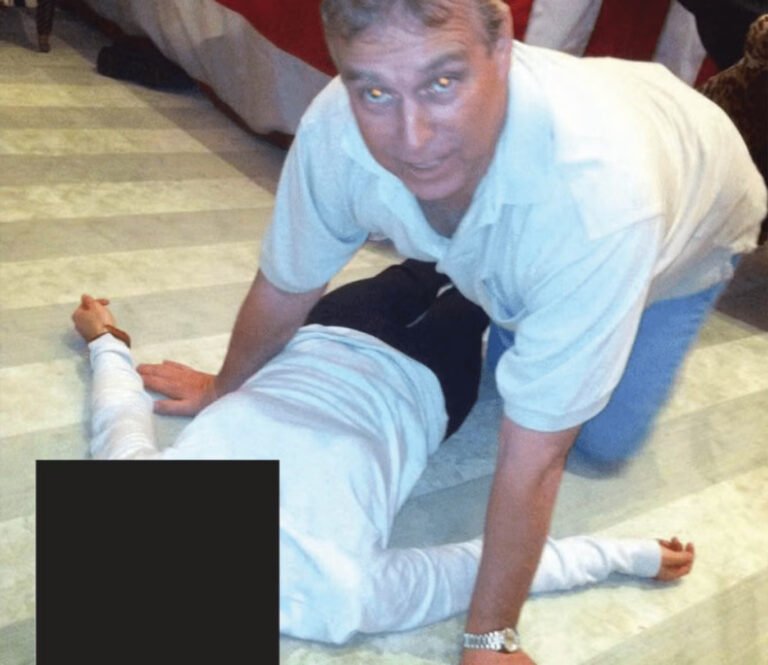For a number of years, The Princess of Wales has taken a deep interest in how the early years of a child’s life shapes the foundations for remainder of it.
Ahead of launching a major new campaign on the early years next week, yesterday, Catherine hosted a group of experts at Windsor Castle from academia, science, and the early years sector, who she has chosen to help shape the work of the Royal Foundation Centre for Early Childhood.
The group, made of eight people across neuroscience, psychology, perinatal psychiatry and policy development, will offer strategic advice to the Princess and the foundation as an appointed advisory group, as it commissions new research, learns the best practice in the U.K. and globally and raises awareness of the early years’ importance. This period is seen as the first five years of a child’s life.
Meeting in the Green Drawing Room at Windsor Castle, close to the Waleses new home of Adelaide Cottage, Kate explaiend to the group: ‘Today, I just want to think about and discuss what’s next. How do we keep this conversation going? This campaign is really to try and raise the awareness of the importance of this issue. And it’s what can we do collectively to keep the conversation going and what we do next?
‘This campaign is really laying the foundation of why early childhood matters.’
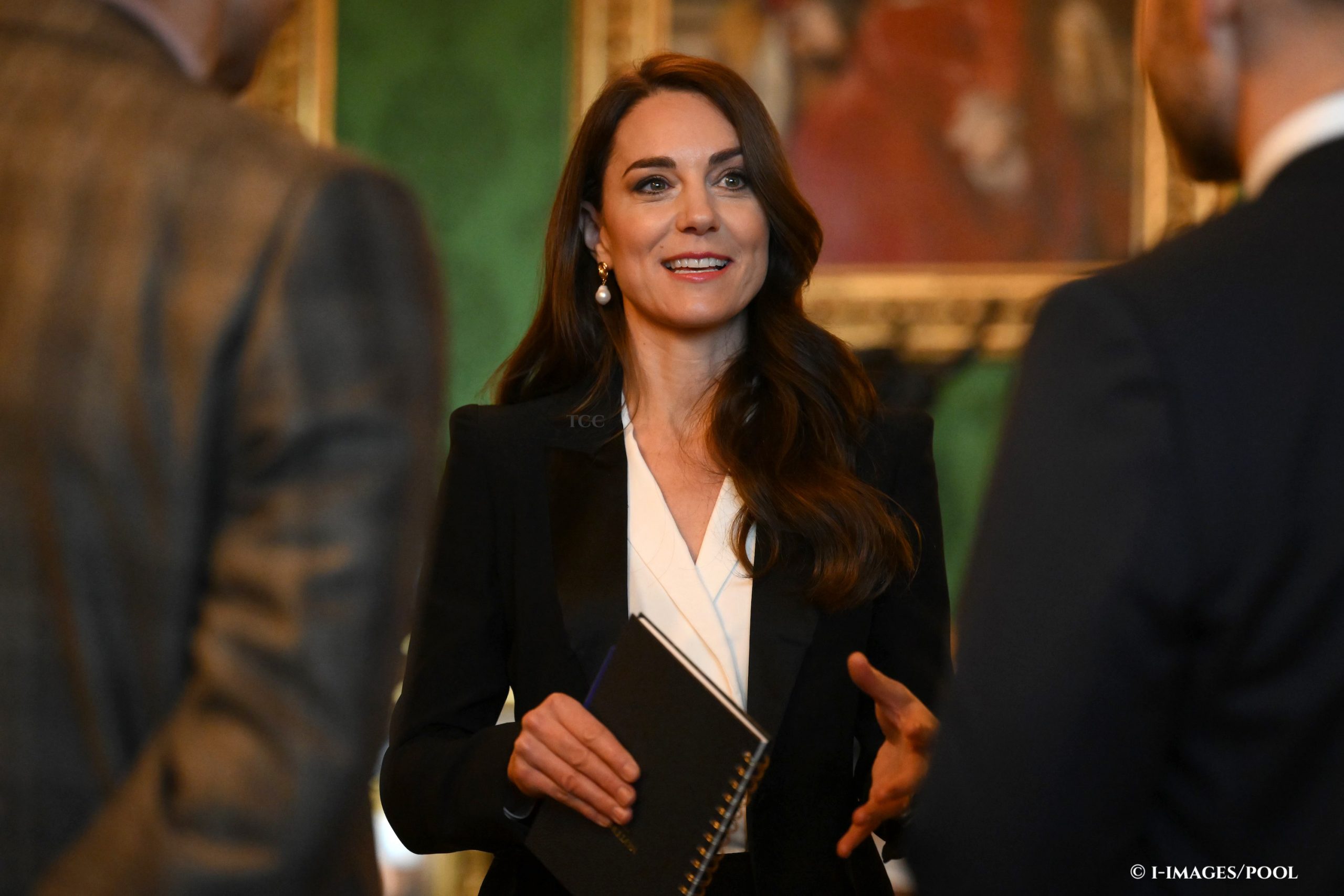
Dressed in a black suit and white blouse, The Princess of Wales spoke to some familiar faces during the meeting. Some have worked alongside the Royal for several years, meeting on numerous occasions as Kate learnt about early childhood. Prof. Peter Fonagy is head of the Anna Freud National Centre for Children and Families, which Kate has supported since 2016, while Eamon McCrory, Professor of Developmental Neuroscience and Psychopathology at University College London has met Catherine as she learned about brain development.
The rest of the group is comprised of: Dr. Alain Gregoire is Consultant Perinatal Psychiatrist and President and Founder of the Maternal Mental Health Alliance; Dr. Trudi Seneviratne, Registrar at the Royal College of Psychiatrists; Ed Vainker, OBE, co-founder of Reach Academy Feltham; Carey Oppenheim, Project Lead at the Nuffield Foundation; Imran Hussain, Director of Policy and Campaigns for Action for Children; and Beverley Barnett-Jones MBE, Associate Director at Nuffield Family Justice Observatory and Trustee at What Works in Children’s Social Care.
“These are really complicated, big issues to look at,” Catherine continued. “But I think, from the centre’s point of view, one of the main key areas is how do we develop the social and emotional skills which are vital for later life. How do we better manage and regulate our emotions? How do we build better relationships?”
She also expressed that their work would focus on what helps shape people, our relationships and the emotional experience of childhood. It was also about creating the ‘building blocks and the scaffolding’ for how we first start to understand ourselves and others, she added.

Dr Gregoire said: ‘Everybody knows that having a baby who weighs the right amount is kind of important, even if they don’t know why.
‘But people don’t fully understand how critically important relationships that we have with babies from birth are to their future health, to their future wellbeing.
‘Just getting that across and understood, not just to parents – this is not about parents, this is about the whole of society – nurturing families with young children, supporting families with young children.
‘You can do that through social structures. But you can also do that just through the relationships that we have with families and as other human beings in society. We need to value children more.’
We expect the new project to launch next week, offering a framework for supporting babies young children to develop into health adults, emotionally and physically.
This will likely build on the 5 Big Questions survey launched in 2020.

